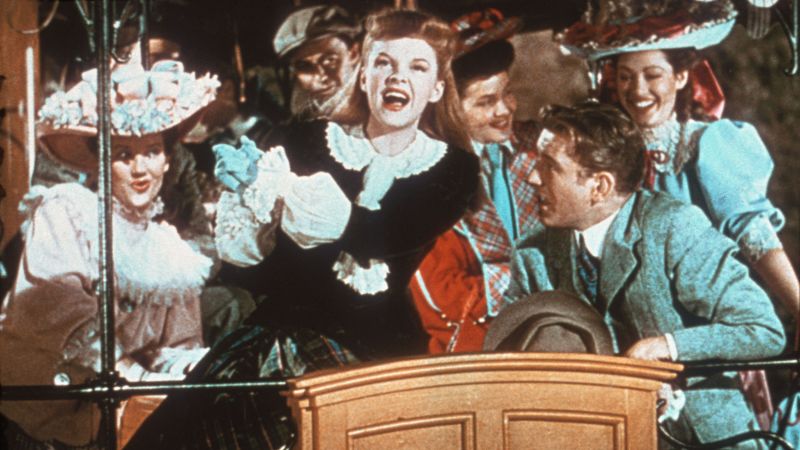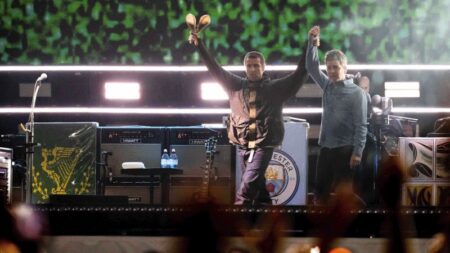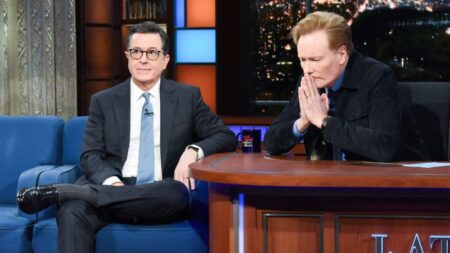The iconic trolley song from the 1944 film “Meet Me in St. Louis” has found unexpected popularity among LGBTQ communities nearly 80 years after its release. Judy Garland’s powerhouse performance of the song has sparked a resurgence online, with young queer people embracing its campy and spirited nature.
Social media posts have declared “The Trolley Song” as a Pride anthem, with many calling for it to be featured in lip-sync battles on shows like “RuPaul’s Drag Race” and remixed for club playlists. Despite not having overt LGBTQ themes, the song’s tempo, lyrics, and overall vibe have resonated with queer fans.
The scene in which the song appears showcases Garland’s character’s journey from somber to ecstatic as she sings about her love interest and the trolley ride. The energetic performance has not lost its appeal over the years, with drag queens like Paige Turner captivating audiences with their renditions of the song.
Renowned artists like Rufus Wainwright have paid tribute to Garland by covering “The Trolley Song” in their performances, further solidifying its status as a celebratory and uplifting number. The song’s association with Pride month and the LGBTQ community adds an extra layer of meaning to its continued popularity.
While some may question why a decades-old song has resurfaced as a Pride anthem, experts suggest that it’s a way for young queer people to connect with a sense of history and community. Garland’s legacy as a gay icon, along with the vibrant performances of “The Trolley Song,” contribute to its enduring appeal among LGBTQ audiences.
As the LGBTQ community celebrates Pride month and continues to advocate for equality, songs like “The Trolley Song” provide a moment of joy and celebration amidst ongoing challenges. Its timeless exuberance and connection to LGBTQ history make it a fitting addition to Pride playlists and events around the world.












